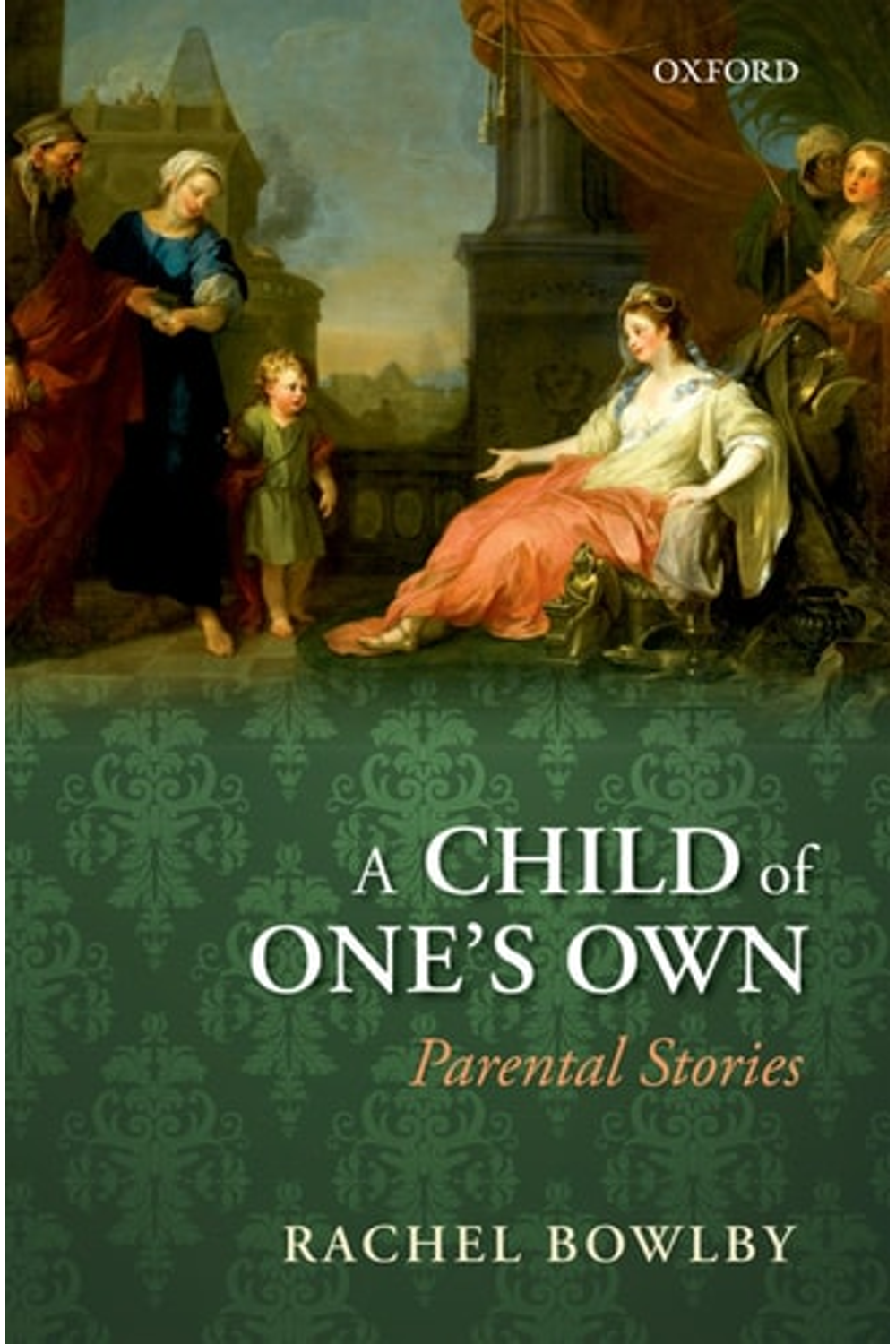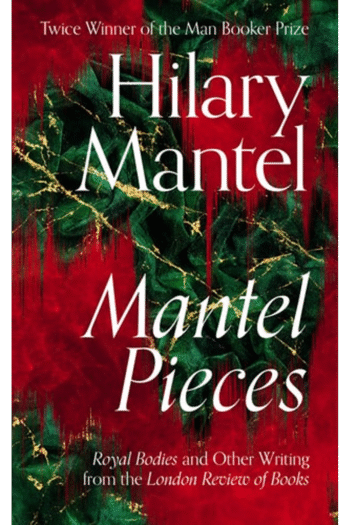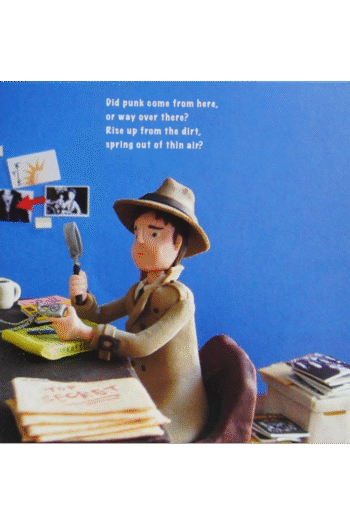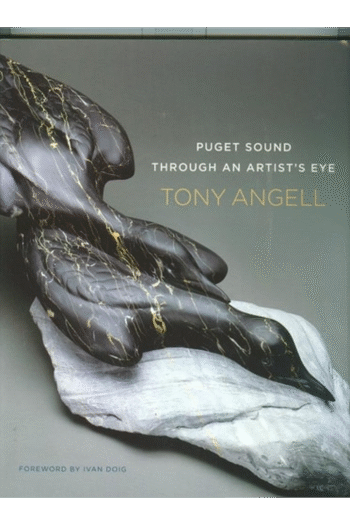Explore the modern complexities of family with Rachel Bowlby’s *A Child of One’s Own: Parental Stories*. This compelling work, published by Oxford University Press, dissects the evolving narratives surrounding parenthood in an era defined by reproductive choice and shifting social norms. Bowlby, known for her sharp literary and cultural analysis, moves beyond simplistic notions of parenthood, challenging readers to confront the diverse motivations, anxieties, and societal pressures that shape our understanding of what it means to be a parent today. Drawing from literature and culture, she investigates how family ideals have transformed. Are you ready for an unconventional exploration of parental life?
A Child of One’s Own: Parental Stories
19,52 $
In stock
Among the elementary human stories, parenthood has tended to go without saying. Compared to the spectacular attachments of romantic love, it is only the predictable sequel. Compared to the passions of childhood, it is just a background. But in recent decades, far-reaching changes in typical family forms and in procreative possibilities (through reproductive technologies) have brought out new questions. Why do people want (or not want) to be parents? How has the ‘choice’ first enabled by contraception changed the meaning of parenthood? Looking not only at new parental parts but at older parental stories, in novels and other works, this fascinating book offers fresh angles and arguments for thinking about parenthood today.
| Authors | |
|---|---|
| Binding | |
| Condition | |
| ISBN-10 | 019960794X |
| ISBN-13 | 9780199607945 |
| Language | |
| Pages | 256 |
| Publisher | |
| Year published | |
| Weight | 364 |
| Edition | 1 |
Related products
-
What is Punk?
13,16 $
- Additional information
- Currencies
- USD – United States dollar
- EUR – Euro
- GBP – Pound sterling
- CNY – Chinese yuan
- BRL – Brazilian real
- MXN – Mexican peso
- JPY – Japanese yen
- PHP – Philippine peso
- THB – Thai baht
- PLN – Polish złoty
- CAD – Canadian dollar
- MYR – Malaysian ringgit
- AUD – Australian dollar
- TWD – New Taiwan dollar
- CZK – Czech koruna
- SEK – Swedish krona
- HUF – Hungarian forint
- ILS – Israeli new shekel
- CHF – Swiss franc
- HKD – Hong Kong dollar
- DKK – Danish krone
- SGD – Singapore dollar
- NOK – Norwegian krone
- NZD – New Zealand dollar





